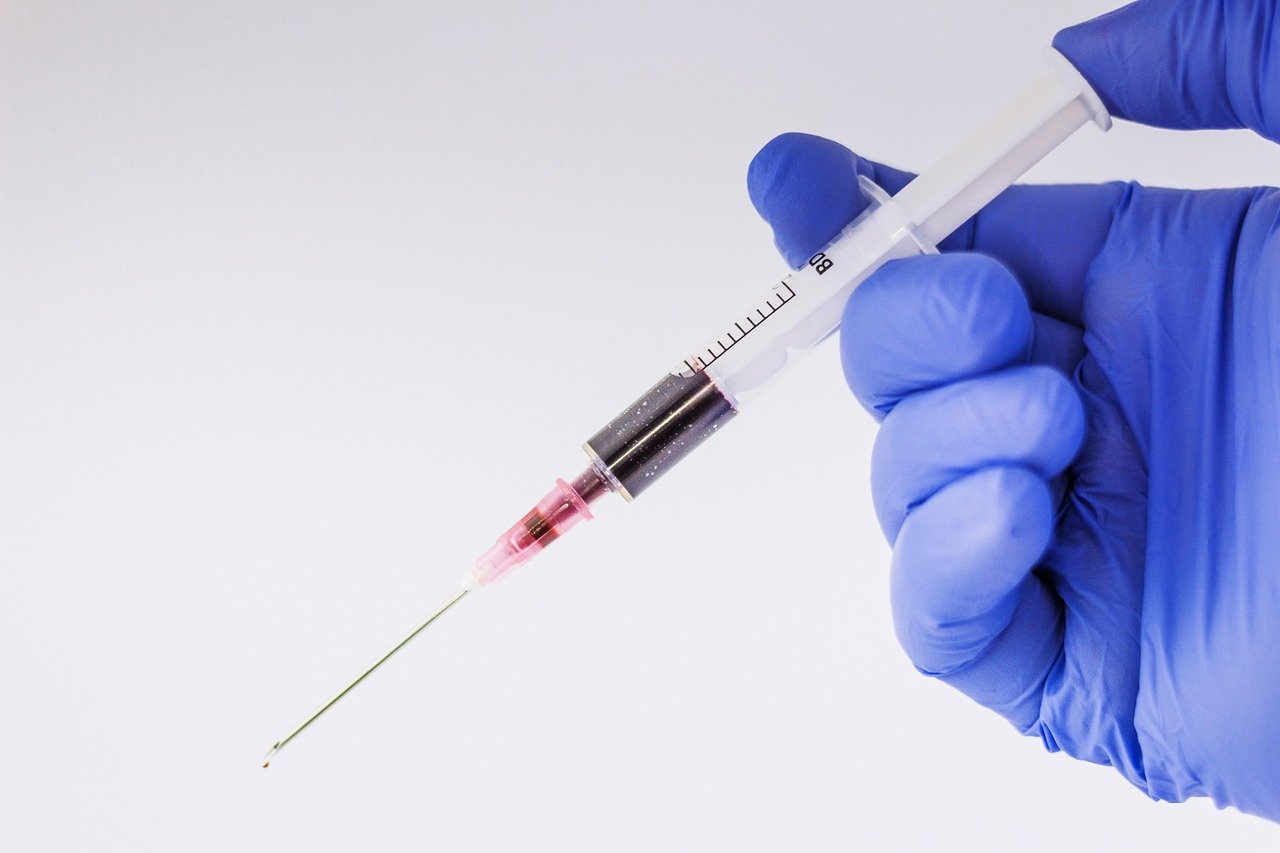Anaesthesiologist (Occupation)
Firstly, you have to learn how to spell anaesthesiologist. Apparently, you may be confused if you were trained in America, because they leave out the A (if you know what I mean). So, if your spelling is terrible, do something else, because there is no other way to tell people what you do.
Your main goal, being an anaesthetist, is to administer anaesthetics with surgeons during an operation. Your secondary goal is not to stab the surgeon with the needle, because he might need the appendage you just stabbed.
You will have to decide when the patient has stabilised enough to be sent to the ward or to be sent home. If the patient is unable to walk sufficiently, or is unable to tie his shoelaces, he may not be sent home – especially if he has to drive himself home. He may not drive, also, if he is under the age of sixteen.
You have to question the patient to find out whether he is allergic to anaesthetics. An adverse reaction to the anaesthetic would be immediate death. You should then record how adverse his death was to the patient.
You will have to record the patient condition throughout the procedure. You will have to place the needle down on the little metal thingies while recording the condition; otherwise you may prick yourself, causing yourself an adverse condition.
You may have to conduct medical research to control and cure disease, but you may not conduct illegal experiments on patients or on your family members while they are asleep or under anaesthetic. That may cause you to become incarcerated for a long time.
You will have to work with the nurses and other doctors, but that does not mean you may be in direct contact with them. That may cause you to have an immediate slap to the head, or a kick to the indescribable.
You have to have the following skills, or need to know some of them:
Medicine – you need to know symptoms, treatments, drugs and preventative health care measures. You do not need drugs for yourself or for family members, even if you do work seventeen hours a day, and sleep is a highly desired commodity.
Dentistry – as a dentist, you need to know how to make people blubber like they have an untreated hare-lip.
Mathematics – billing procedures are very important, and you need to know how much to charge each patient.
Listening – Give full attention to what the patient is saying, especially when he is counting down from one hundred to ninety five. Don’t get frustrated if they fall asleep before they reach ninety four.
Speaking — Talking to others. Just don’t take your cell phone into the theatre with you.
Speech Clarity — The ability to speak clearly so others can understand you. Just don’t expect them to be too clear back at you.
Deductive Reasoning – If the patient is dead, don’t carry on with the operation. Tell the surgeon.
Identifying Objects, Actions, and Events – If the surgeon leaves one of his instruments inside the patient, tell him before he closes up.
Get ready for an interesting new career in Anaesthesiology!





